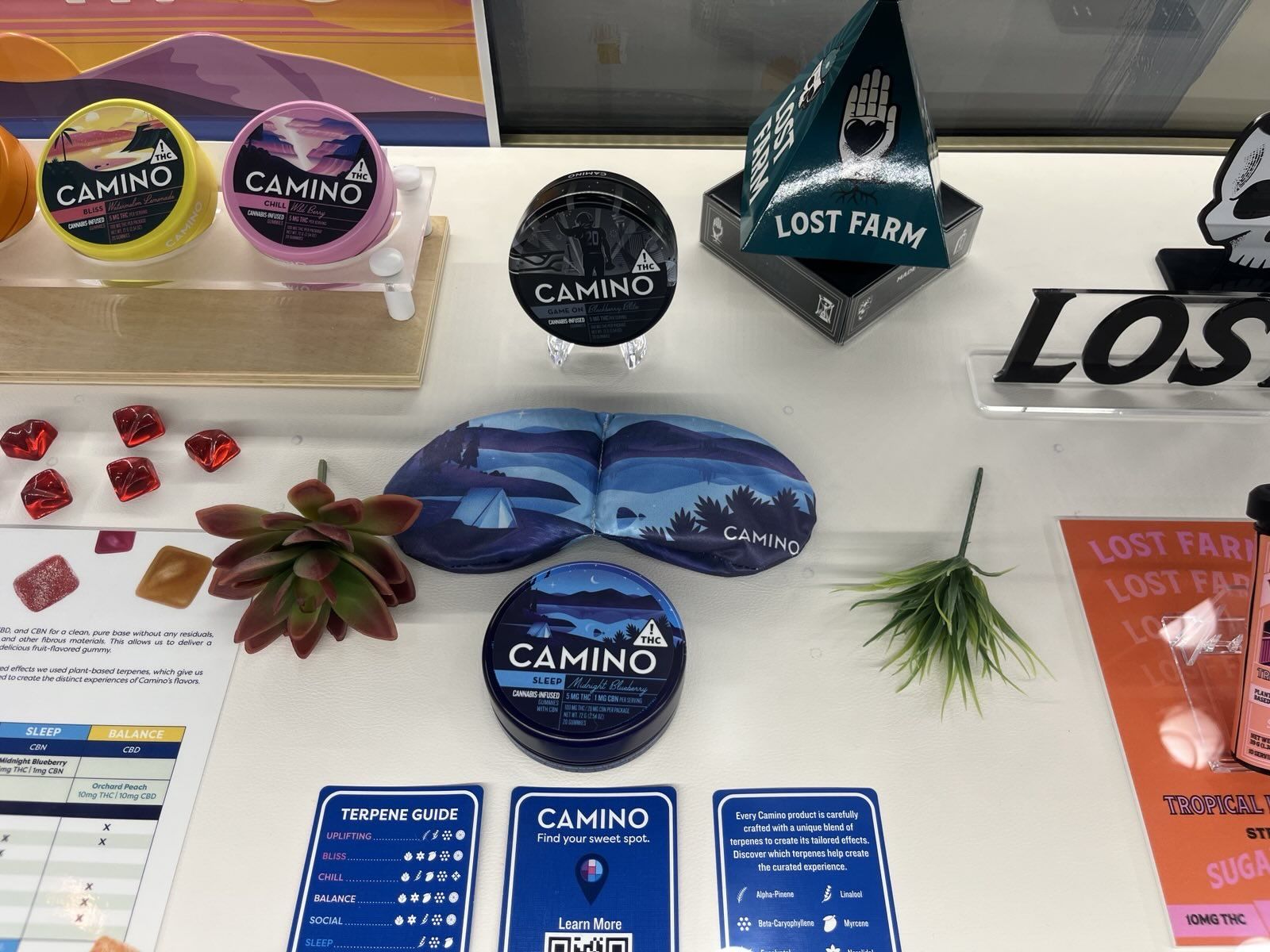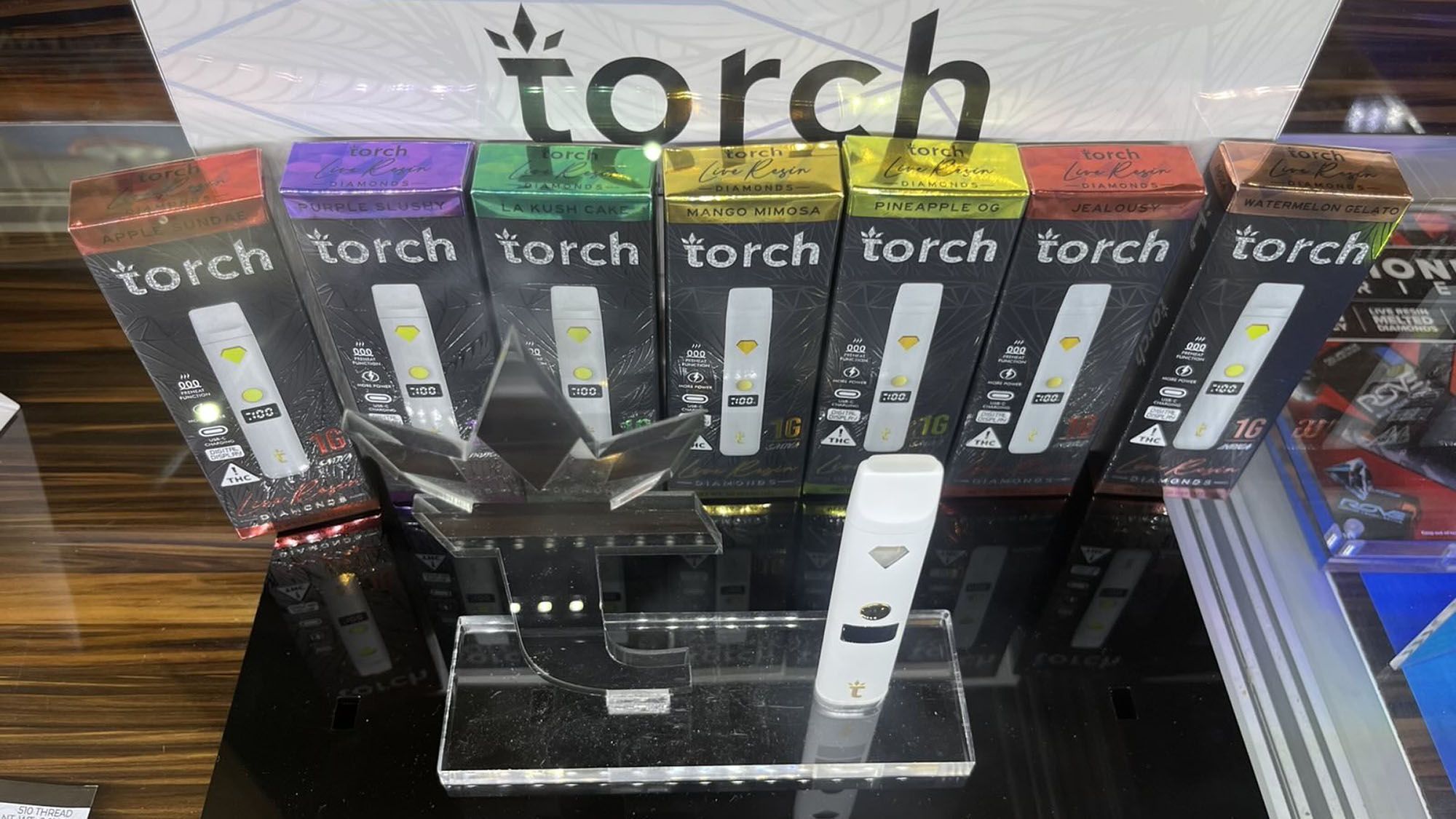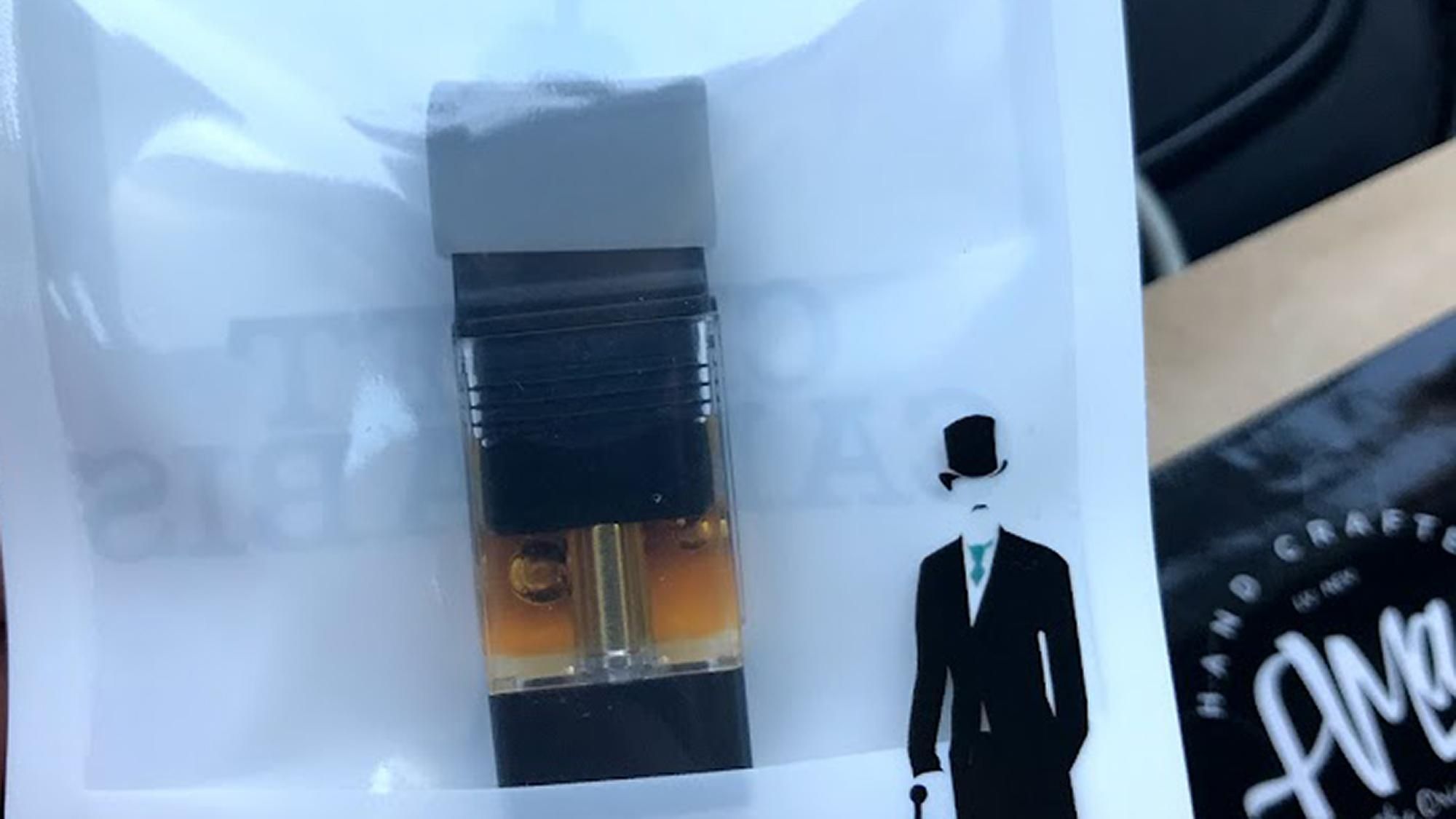-
Discover the Everyday Products Powered by Private Label Cannabis Oil
Read more: Discover the Everyday Products Powered by Private Label Cannabis OilPrivate label cannabis oil has become the secret ingredient powering some of the most popular products in today’s cannabis marketplace. From flavorful gummies to sleek…

Blog Posts
-

The Next Wave of Cannabis Oils Will Be Store-Owned—and Better Designed
As price compression lingers across legal markets, retailers are looking for ways to protect gross margins without alienating shoppers. One…
-

Assessing the Market Share of Private-Label Cannabis Oils
Private-label cannabis oil—sometimes referred to as “house brands” or store brands—is steadily carving out a noticeable share of the cannabis…
-

How to Tell Private Label and Name Brand Cannabis Oils Apart
As cannabis oil becomes more popular in both recreational and medical markets, one question keeps surfacing among consumers: can people…
